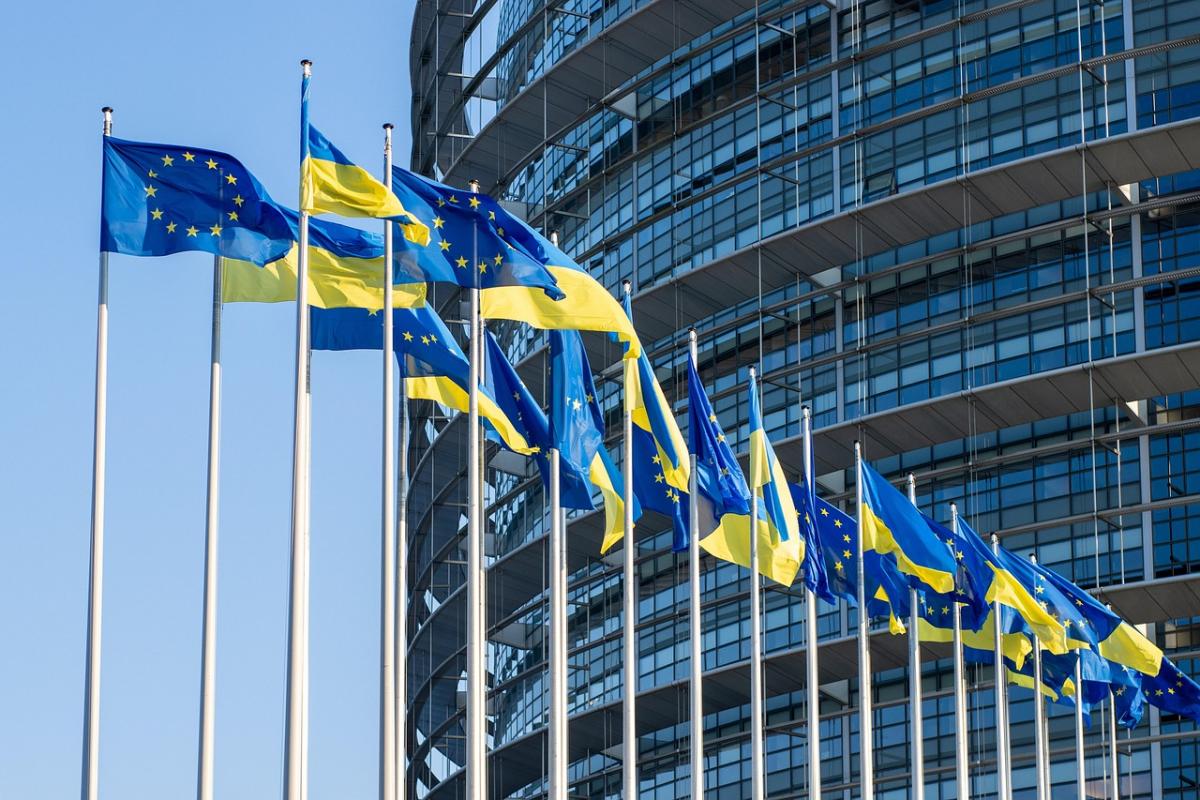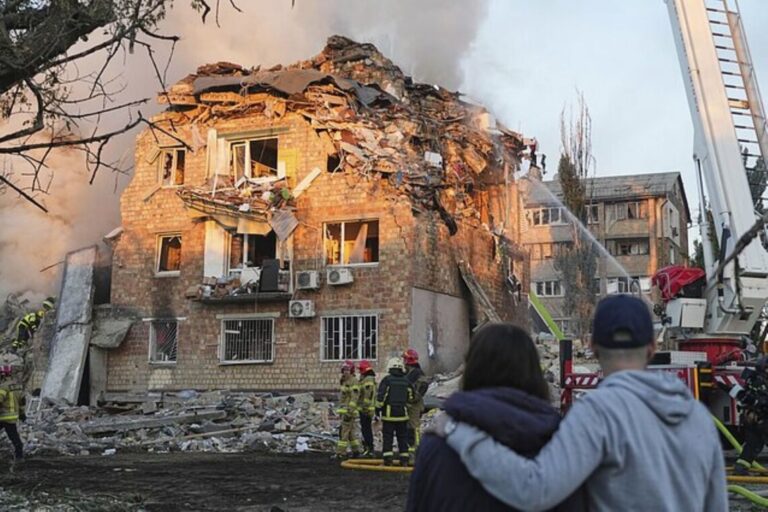
Long-Term Support for Ukraine: Will the EU’s €100 Billion Fund Become the Foundation for Security and Recovery?
The European Union is preparing to launch the most ambitious assistance program for Ukraine in its history. The plan involves creating a dedicated fund worth €100 billion, which may become part of the EU budget for 2028-2034. This is not just a loud figure it is a real step toward systemic financial support, promising stability and predictability for a country facing war and aiming for recovery.
The Origin of the Idea: Timeline and Motives
Since the beginning of Russia’s full-scale aggression, Ukraine has already received over €160 billion in support from the European Union. This includes loans, grants, budgetary assistance, as well as humanitarian and defense packages (Kyiv Independent). However, in the context of a protracted war, Ukraine’s needs remain vast spanning defense, rebuilding infrastructure, and ensuring macroeconomic stability. That’s why, according to Bloomberg (citing informed sources), Brussels is considering creating a new fund amounting to €100 billion. The project is already being discussed at the European Commission level and could be officially presented as early as July 2025 (Bloomberg).
What’s Being Proposed: Structure and Mechanism
Bloomberg reports that the new fund would be part of the EU’s next Multiannual Financial Framework (MFF) for 2028–2034. This approach would not offer one-off assistance, but predictable and guaranteed payments over several years roughly €12-13 billion annually.
The main idea is to anchor Ukraine’s support in long-term planning, avoiding situational and politically-driven decisions within member states. The fund will operate using a model already familiar to Ukraine:
- Part of the funds will be provided as grants;
- Another part as low-interest loans;
- Financial assistance will be tied to specific reforms important for EU integration and the country’s recovery.
When and Under What Conditions Can It Start?
The project still requires approval by all EU member states, with discussions underway as part of preparations for the new seven-year EU budget.
First payments from the new fund could begin as soon as 2028, after the current €50 billion support program expires (set to run until 2027). A final decision, as noted by Bloomberg’s sources, will be made after consultations and the preparation of the MFF. The European Commission has not officially revealed the details yet, but confirms work is ongoing on a new long-term financing approach.
What Do Officials Say?
EU Commissioner for the Economy, Valdis Dombrovskis, has directly confirmed:
“We are currently working on various options for long-term support. The EU is ready to provide all the necessary assistance to Ukraine for as long as it takes.”
(UATV)
He also emphasized that additional funding could include both the EU budget and income from frozen Russian sovereign assets, with distribution dependent on the assessment of Ukraine’s funding gap by the IMF (Ukrinform).
Why This Matters for Ukraine
- Predictability and Long-Term Planning: Ukraine will be able to plan reforms, recovery, and social programs years ahead, without being hostage to annual political cycles.
- European Interest: Supporting Ukraine is in the EU’s own interest, as a stable and independent Ukraine is crucial for the security of the entire region.
- Clear Rules: Grants and loans are tied to reforms and transparency, providing incentives for internal transformation.
- Additional Resources: Potential use of frozen Russian assets offers a new financing mechanism, reducing pressure on EU member state budgets.
- The European Commission is preparing to present the project as early as July 2025.
- The final format, amount, and conditions of assistance will be determined after further discussions and adoption of the new EU budget.
- EU member states must approve the new Multiannual Financial Framework for 2028–2034.
The European Union is preparing to launch the most ambitious long-term fund for Ukraine in its history.
The implementation of this idea is not just support in times of war, but an investment in joint security and the future of Europe. For Ukraine, it is a chance to secure a stable financial resource for reconstruction, modernization, and progress towards EU membership.
Sources:
- Bloomberg: EU Weighs €100 Billion Fund for Ukraine in Next Budget Proposal (08.07.2025)
- Kyiv Independent: EU mulls creating €100 billion fund for Ukraine in next budget (08.07.2025)
- UATV: EU eyes continued use of frozen Russian assets to support Ukraine (08.07.2025)














